We should measure welfare's success by how many people leave welfare, not by how many are added
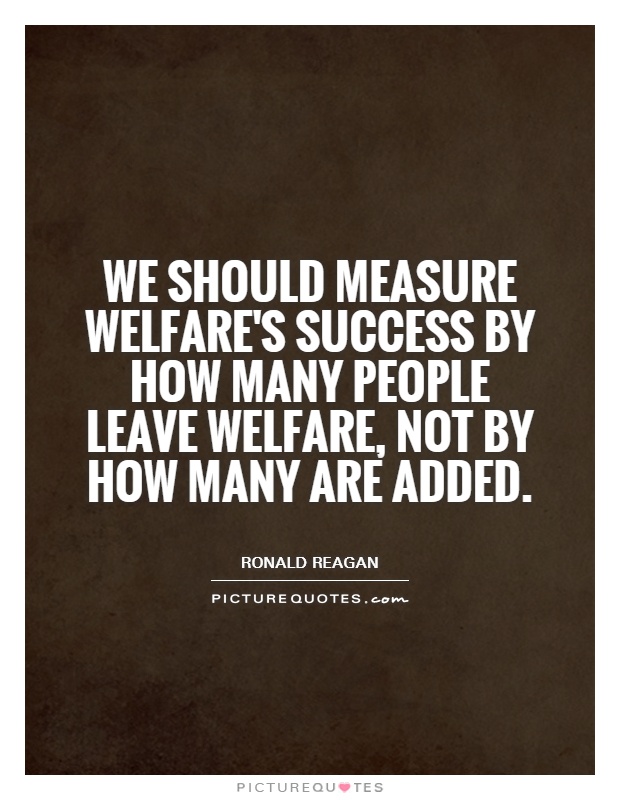
We should measure welfare's success by how many people leave welfare, not by how many are added
During his presidency, Ronald Reagan famously declared, "We should measure welfare's success by how many people leave welfare, not by how many are added." This statement reflects Reagan's belief in the importance of promoting self-sufficiency and reducing dependency on government assistance programs. Reagan's approach to welfare reform was rooted in the idea that the ultimate goal of these programs should be to help individuals become self-reliant and independent, rather than creating a cycle of dependency.Reagan's perspective on welfare reform was shaped by his conservative ideology, which emphasized limited government intervention and individual responsibility. He believed that welfare programs should serve as a temporary safety net for those in need, rather than a long-term solution to poverty. By focusing on helping individuals transition out of welfare and into the workforce, Reagan sought to empower people to take control of their own lives and achieve economic independence.
One of Reagan's most significant welfare reform initiatives was the Personal Responsibility and Work Opportunity Reconciliation Act of 1996, which aimed to reduce welfare dependency and promote self-sufficiency. The legislation included provisions such as work requirements, time limits on benefits, and stricter eligibility criteria, all designed to encourage individuals to leave welfare and enter the workforce. By emphasizing the importance of personal responsibility and self-reliance, Reagan's welfare reform policies sought to break the cycle of poverty and dependency that had plagued many families for generations.
Reagan's approach to welfare reform was controversial and faced criticism from some who argued that his policies were too harsh and punitive. However, supporters of Reagan's welfare reform efforts praised his commitment to promoting self-sufficiency and reducing government dependency. By shifting the focus of welfare programs from simply providing assistance to helping individuals become self-reliant, Reagan sought to create a more sustainable and effective system of support for those in need.
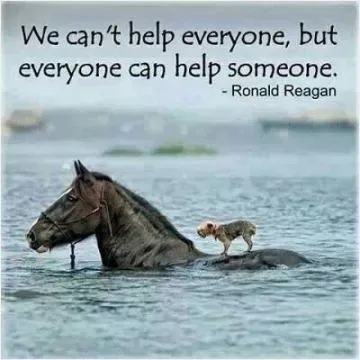

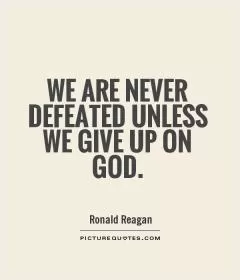
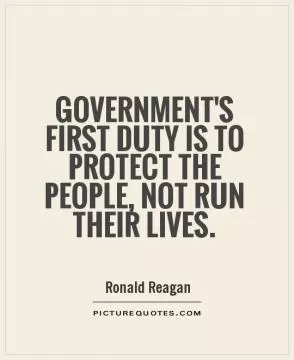
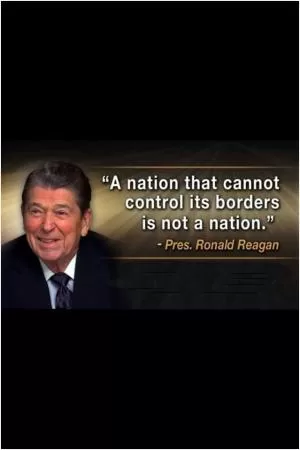


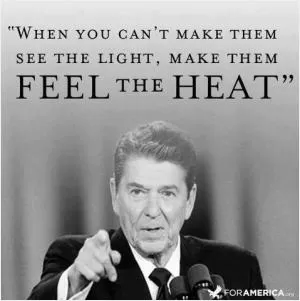

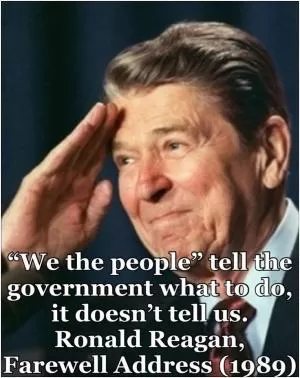
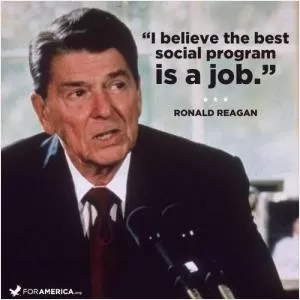
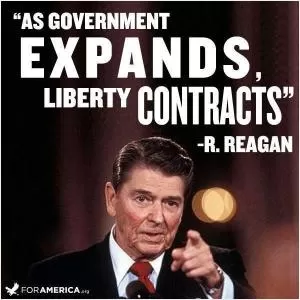
 Friendship Quotes
Friendship Quotes Love Quotes
Love Quotes Life Quotes
Life Quotes Funny Quotes
Funny Quotes Motivational Quotes
Motivational Quotes Inspirational Quotes
Inspirational Quotes